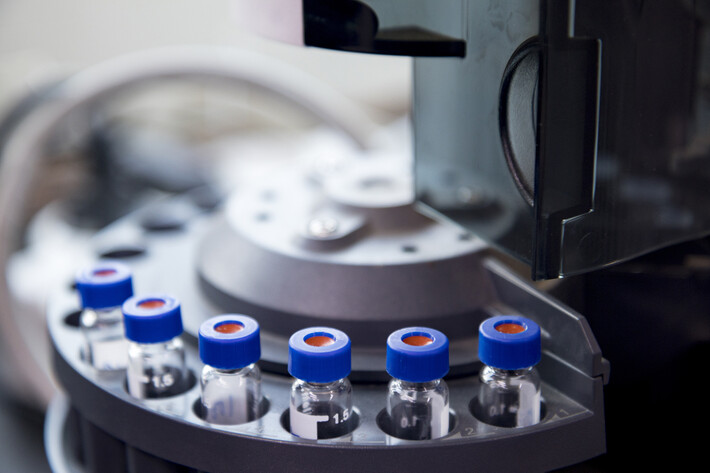This new exciting research project aims to increase understanding of the relationship between drugs, patients and biomarkers for drug toxicity to adjust dosing regimens. This will allow future treatments to be tailored for each individual Ewing sarcoma patient.

When studying any drug, we need to consider several factors, these are:
- Pharmacodynamic profile – What does a drug do to the body, and by what mechanisms it achieves its effects.
- Pharmacokinetic profile – What does the body do to the drug, how is it absorbed, distributed, metabolised, excreted.
- Pharmacogenetics – How our genes affect the way we respond to medications.
A clinical trial to investigate the early prediction of toxicity following chemotherapy in Ewing sarcoma using blood biomarkers and correlation with age-dependent pharmacokinetic variation started in 2014. The study closed to patient recruitment in December 2020.
We’re now funding a team of researchers, led by Professor Gareth Veal from Newcastle University, to analyse the clinical samples from 120 patients that participated in this trial.
Aims of the research project:
- Establish pharmacokinetic profiles for vincristine, ifosfamide, doxorubicin, etoposide and cyclophosphamide in Ewing sarcoma patients and to compare the results between children, adolescents and adults.
- Validate in young people, a panel of blood biomarkers of bone marrow and mucosal toxicity and develop/validate cardiac toxicity biomarker assays related to the use of doxorubicin.
- Examine genetic differences associated with drug metabolism, transport and mechanism of action and identify connections with the major acute and late toxicities observed following chemotherapy.
- Investigate potential relationships between pharmacokinetics, pharmacogenetics and biomarkers of toxicity in adolescent Ewing sarcoma patients, as compared to children and adults.
These aims are designed to test the hypothesis that age-related differences in how drugs are absorbed, distributed, metabolised, and excreted impact on the differences in toxicity and survival observed between children, teenagers and adults.
Successful completion of this project would provide a scientific basis to adjust dosing regimens and allow future treatments to be tailored for each individual Ewing sarcoma patient, making them more suitable for each patient, and in turn, more effective.